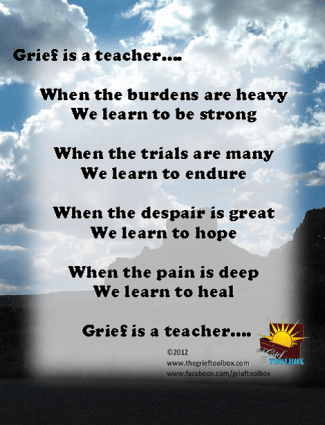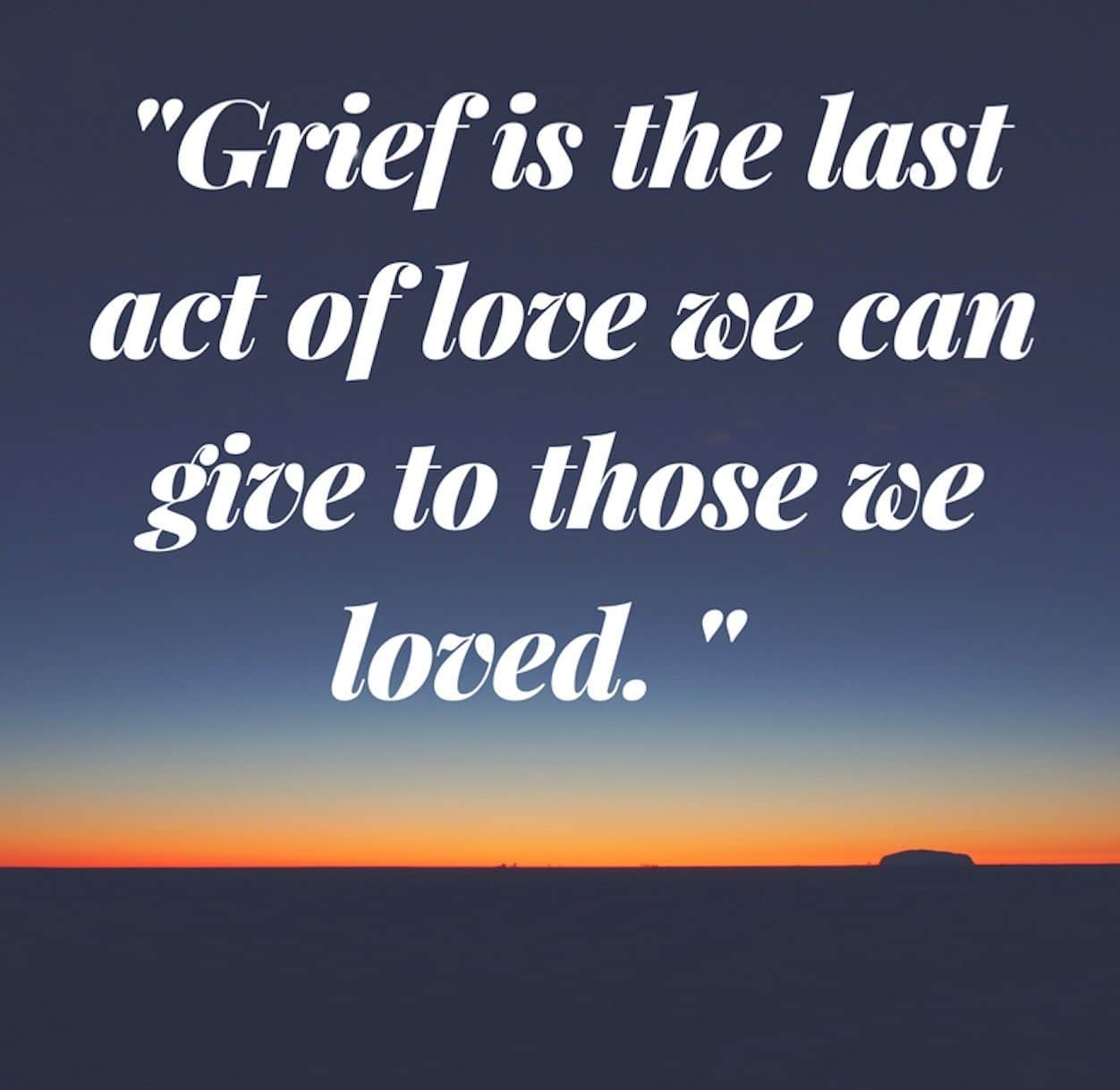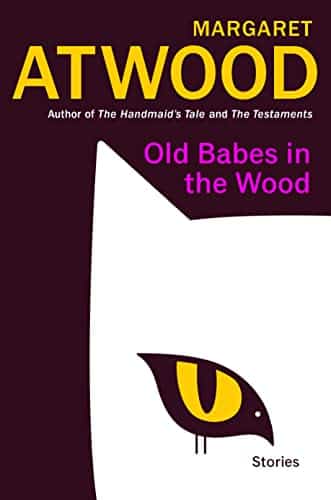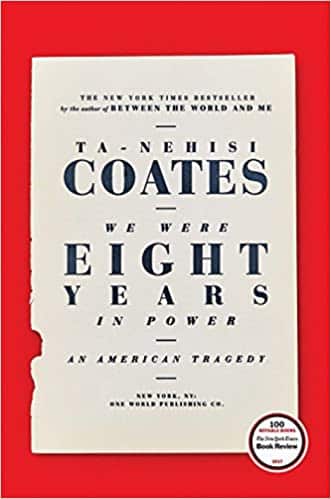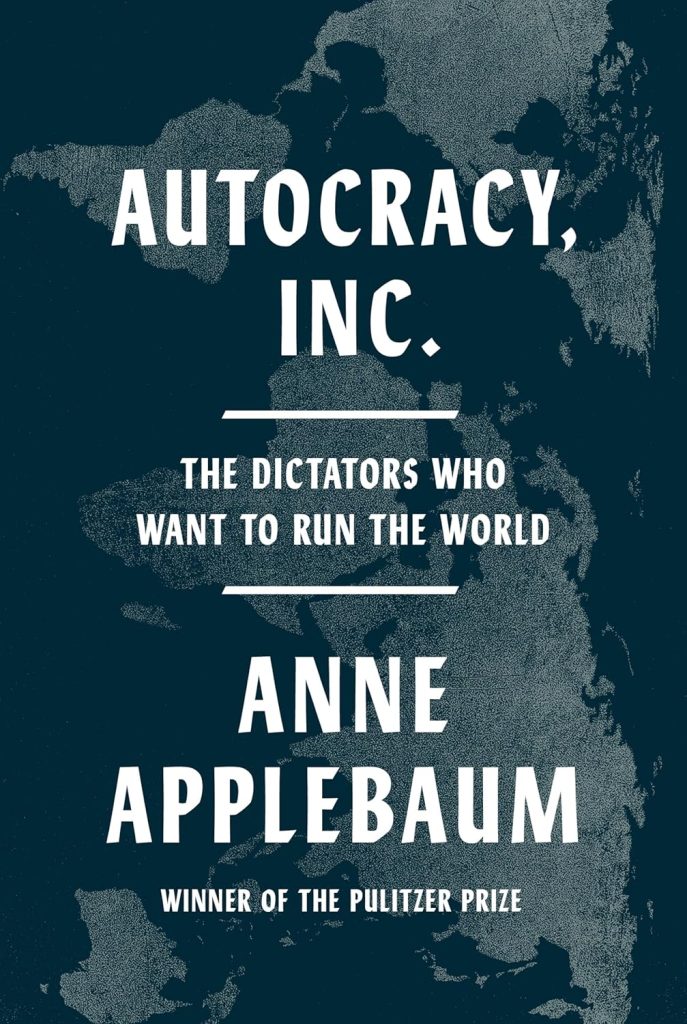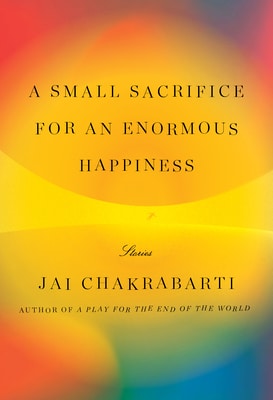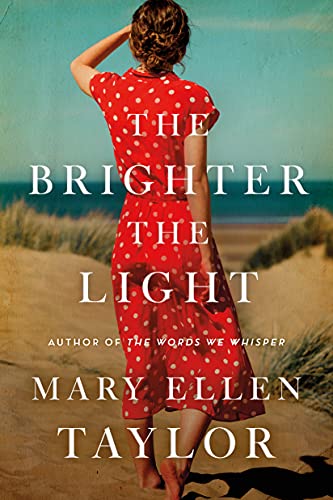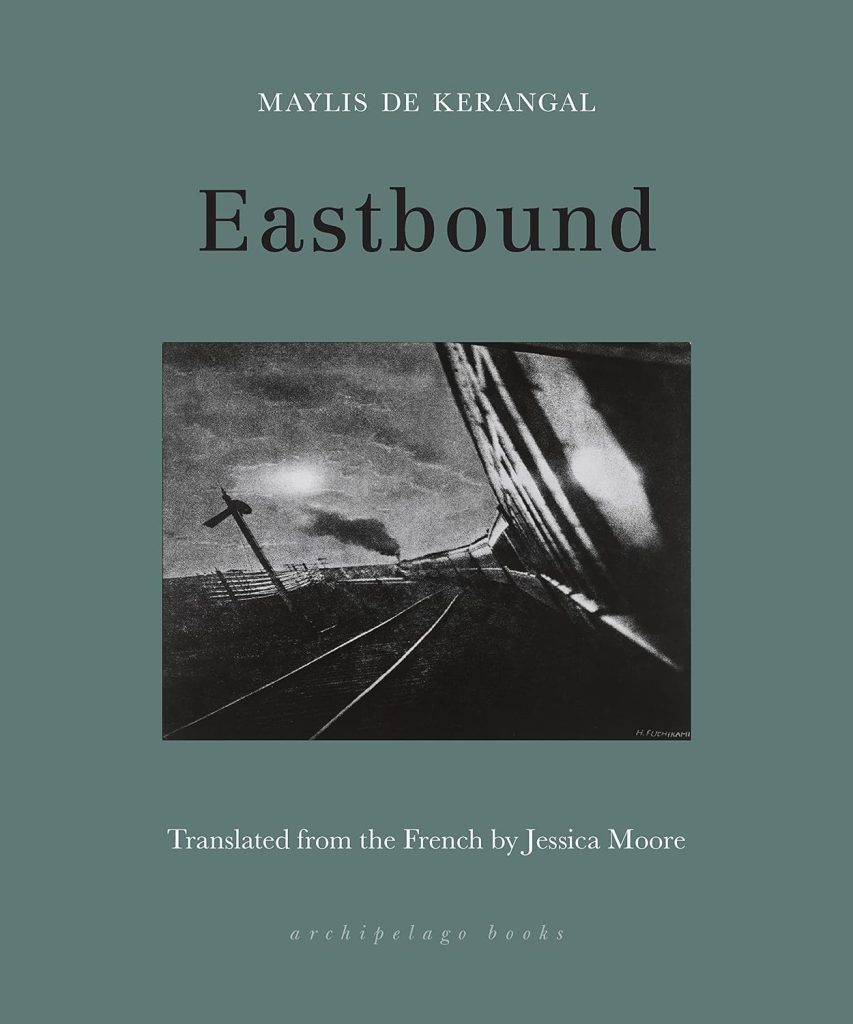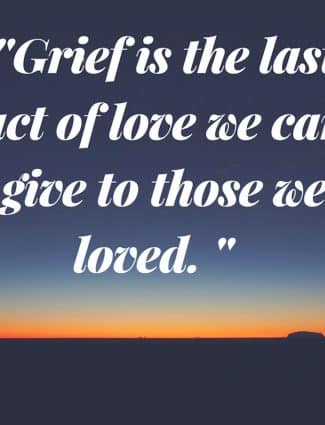
Grief is Love Without Guardrails
My Love for Jan Grows Stronger Every Day
Estimated reading time: 2 minutes, 21 secondsWhen I met Jan, our love transformed us, and our souls merged.
We lived without boundaries and lived life fully as one untied soul.
She was the light that ignited my soul and made me a better person. I had never felt as alive or in love as I did with Jan.
Even true love, over time, establishes parameters as our lives become more complicated. Work and family imposed constraints, and our relationship made minor, mid-course adjustments.
Our love was strong enough that nothing diminished our joy; it simply placed it in a channel where it could bloom without the risk of being dimmed by a world that struggled to accept a love so strong.
When I became Jan’s caregiver, an act of selfless love, we became like a nation of two, entirely devoted to each other and committed to healing Jan’s cancer and our unified souls.
When Jan was in hospice in Apartment 3D, I began to pre-grieve while holding her hand.
In time, with the help of family, friends, widows, and Rabbi Renee, I learned that caregiving and grief, despite their pain, is love in its purest form.
Shabbat services at Temple Sha’arey Shalom helped me learn that grief is also a great teacher,
Thus, even when they are gone, the departed are with us, moving us to live as, in their higher moments, they themselves wished to live. We remember them now; they live in our hearts; they are an abiding blessing.
Today, I wake up in a world in which time, as Margaret Atwood writes in Old Babes in the Woods, is non-linear,
Time has ceased to be linear, with life events and memories in a chronological row, like beads on a string. It’s the strangest feeling, or experience, or rearrangement. I’m not sure I can explain it to you.
The first time that time folded back upon itself, I felt dizzy, as if I were losing not only Jan but my mind.
Once the dizziness ended, I realized there were no guardrails like when we first met, and our love could blossom forever like Jan’s Memorial Garden!
Knowing that love is unbounded gives me the strength to share her love freely.
Love never dies; people do. Jan’s love transformed me almost five decades ago, and its power continues unabated!
Hallelujah!
The Jan Lilien Education Fund sponsors ongoing sustainability and environmental awareness programs. Gifts made this month; I will match dollar-for-dollar. All donations are tax-deductible.
I receive a commission when you buy a book or product using a link on this page. Thank you for supporting Sharing Jan’s Love blog.



